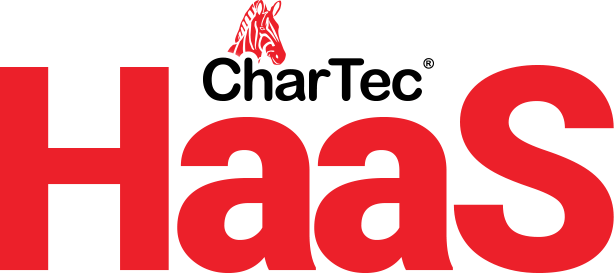
The Future of MSP Automation, with Dan Martin
Marketing SuganoShare
“For a while, the market for MSPs has been very rich and people have gotten away with a lot. As the market gets more and more competitive there are bigger and smaller players who are beginning to utilize automation to gain an advantage.”
This quote comes from Dan Martin, CharTec’s new Director of Operations. Dan has been involved with Chartec’s Operations for years, and he brings many more years in MSP experience with him. Known as the “Hat Guy”, many of you have spoken with him at our Academy events. We recently had a chance to sit down with Dan and ask him about automating operational processes, and where he feels automation will advance to in the future. Read what he has to say and we’re sure you’ll learn a few things from Dan’s wealth of knowledge.
“We used to be able to get away with not being 100% efficient, but today we don't have a choice if we are going to maintain our competitive edge. I think the sooner someone automates the better off they are. The problem is it’s really difficult for smaller MSPs to be able to leverage the cost appropriately.
With automation you can greatly reduce your costs; your largest costs, the employee cost, that technician time where you’re doing things over and over again, multiple times. We’ve got a rule now: if you have to do something twice, it needs to be automated.
One of the things that we’ve found for us here at CharTec is that even though we’ve got all the tools in place we’ve found that there are things that we could have done better. One of the advancements we’ve made is we’ve partnered with PICON Designs to enable us to really take advantage of our automation tools. PICON had come to us a while back at one of our Academy’s and I was super impressed with their expertise and knowledge of how automation is supposed to work. By partnering with them, we get the benefit of a true expert that MSPs usually can’t afford until maybe they’re at the 15 to 20 user mark. Now, somebody with a couple of employees can take advantage of the full power of automation at a fraction of the cost.
One of the internal quotes we had from a customer was to upgrade from Windows 7 to Windows 10. Our Project Team figured about 80 hours of Tech time to just upgrade a bunch of machines. We ended up spending a few hours with PICON and fully automating that process. So now instead of having our Techs go machine to machine to fix all these different pieces, we ran a test script to make sure it worked, found the little bugs that we had to tweak, then pointed it at the machines that needed to be upgraded. We came in the next morning and they were done.
From a pricing standpoint, you don't have nearly as much pressure to get things done within budget. In the case of a project that would normally take 80 hours to complete, we can do that in four to five hours. I can still charge for fifty hours and I'm making way more profit on the project, but I am still able to come in way under what anyone else could quote. We’re ahead of the curve if they don’t have the automation tools and capabilities that we have.
If we are unable to resolve the issue through automation then it can escalate it to a human and act on it. That allows us to be able to monitor the system 24x7 and take corrective actions to prevent problems from happening. It seems kind of passé because that’s what MSPs have been preaching since the beginning but very few people are actually doing it. And so that grey area is very quickly eroding to where you won’t stay in business if you aren’t truly fulfilling those promises that you’ve made to your clients.
As far as generating reports is concerned, you’re able to get much better information about what’s going on through automation. Most people have the tools that are telling them the problems in the system but very few people are really doing much self-healing.
Right now, automation is doing great things, but I can’t wait for artificial intelligence to get folded into the process. I think that the future is going to develop into the machine learning aspect of our tasks, meaning we aren’t actually having to write the scripts, the scripts are writing themselves and you’ll have a lot more intelligence behind it instead of just a programmed automating process. It will recognize things that you may not have been able to identify before and then resolve them. We’re still a way off from that, several years or so, but I think that’s going to happen pretty quickly and come into the forefront of our business and change the way we work with automation.
I don’t think there’s any way you can exist without automating. And without doing it well you won’t last very long.”






